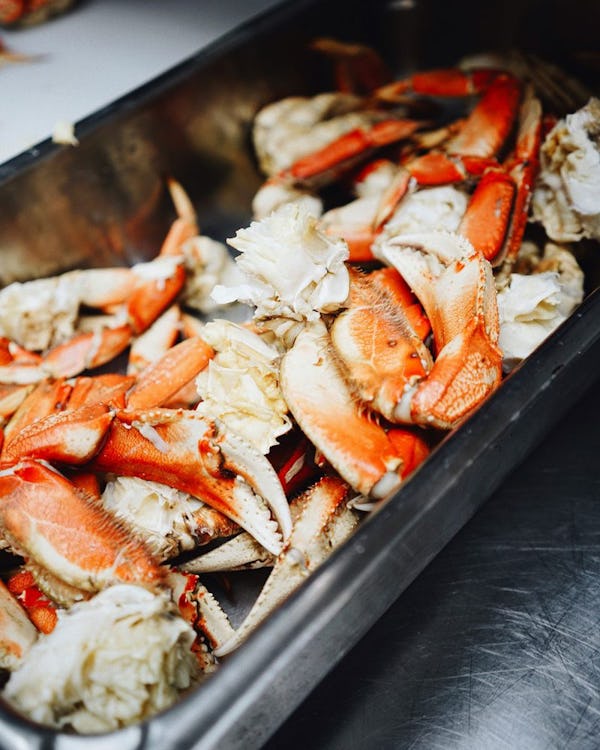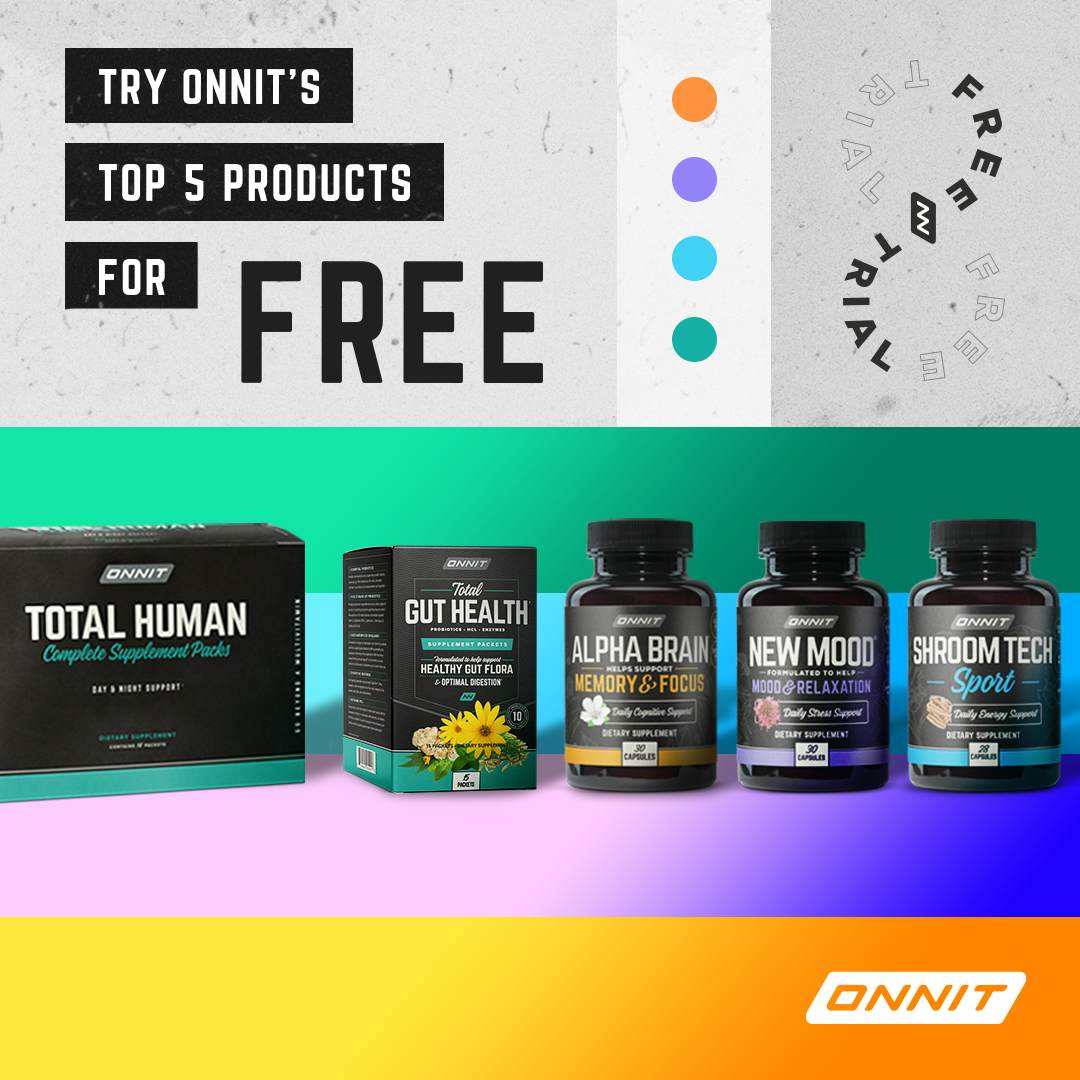
Whether it refers to militant political extremists, or the unstable molecules that cause cellular damage in your body, you know the term “free radicals” means trouble whenever you hear it. Speaking of them in a health and nutrition context, there’s a whole corner of the supplement industry dedicated to scavenging free radicals with cellular support nutrients, including lutein, lycopene, and vitamins A, C, and E.
What To Know About Astaxanthin: Benefits and Uses
Another soldier in the fight against these radicals (ahem, the ones in your body), may be less appreciated, but it’s no less important. Astaxanthin, in fact, may be among the most helpful ingredients for cellular health that you’re not currently supplementing.
What Are Free Radicals?
Free radicals are atoms that lack electrons. As a result, they’re chemically unstable (kind of like your ex), and seek out other atoms to bond with that they can take electrons from to balance themselves out (again, like your ex). Doing so can damage the atoms these radicals attach to.
Free radicals are created naturally in response to virtually any kind of stress, bad or good, from inhaling air pollution and eating fried foods to exposure to sunlight and exercise. They form when oxygen molecules break into atoms. A build-up of these free radical oxygen atoms is known as oxidative stress, and can contribute to an array of health problems, ranging from wrinkles to serious illness.

What Is Astaxanthin?
Astaxanthin is a carotenoid. Carotenoids are pigments that occur naturally in plants, including algae, some fungi, and bacteria. These pigments contain phytochemicals that help plants absorb and use sunlight. Most carotenoid-containing fruits and vegetables are yellow, orange, or red in color, so carrots, bell peppers, tomatoes, and cantaloupe are a few popular foods that are rich in carotenoids.
Animals that eat carotenoid-containing plants and algae, such as salmon, trout, shrimp, and lobster, become sources of astaxanthin as well, and tend to be reddish in color. Some birds, such as flamingos, are pink because their diet consists of brine shrimp, a carotenoid-containing food source.
In the human body, carotenoids help aid in the maintenance of cellular integrity by providing the electrons that free radical atoms need in order to stabilize. Astaxanthin, therefore, helps to neutralize free radicals. According to a British study, “the activities of astaxanthin are approximately 10 times stronger than those of other carotenoids that were tested.” These findings are further supported by a study suggesting that astaxanthin has been shown to be up to 1,000 times more powerful than other scavengers of free radicals.
What Are The Benefits of Astaxanthin?
Astaxanthin’s protective properties have been linked to skin and heart health, according to Krissy Kendall, Ph.D., a lecturer at Edith Cowan University in Perth, Australia.
Astaxanthin for Skin Health

The oxidative stress caused by too much exposure to sun can, as you probably already know, cause a lot of cellular damage. Your skin is most at risk for sun damage, resulting in dark spots.
One of the surprising potential benefits of astaxanthin is supporting skin resistance to Ultraviolet light. “While these studies [one in the Journal of Dermatological Science] have only been conducted in animals,” says Kendall, “early results are promising.”
Another potentially interesting benefit of astaxanthin could have beauty queens all over the world eating more shrimp. “A 2012 study showed that applying astaxanthin to the skin while also consuming it orally helped to smooth wrinkles, lighten the appearance of age spots, and maintain skin moisture in both men and women,” explains Kendall. Although there aren’t enough studies to fully support the cosmetic benefits of astaxanthin, the results are encouraging.
Astaxanthin for Heart Health
One study showed that supplemental astaxanthin over a three-month period helped maintain healthy cholesterol concentrations by boosting healthy HDL cholesterol levels and supporting normal triglyceride concentrations.
What is Astaxanthin Found In?
Astaxanthin is commonly found in seafood such as lobster, shrimp, salmon and salmon roe, red trout, and crabs. Wild-caught seafood contains more astaxanthin than farm-raised options. Astaxanthin can also be taken in supplement form; it’s usually extracted from a type of algae or is obtained from the seafoods listed above.
Because carotenoids are fat-soluble, ingesting astaxanthin with a fat source could help its absorption. In other words, eat your lobster with butter (as if we had to tell you), or take it in a supplement that also contains oil (such as krill oil). Again, because it’s fat soluble, astaxanthin is slow to absorb and can remain in fat for days. Most supplements that include it, though, can be used daily.
Are There Side Effects To Taking Astaxanthin?
Astaxanthin may influence hormone balances and can interact negatively with some medications. Make sure you talk to your doctor about supplementing before you add it to your regimen.
How Much Astaxanthin is in Krill Oil?
It depends on the krill oil! Some brands will include the serving information on their formula labels. Onnit Krill Oil, for instance, contains 200mcgs of astaxanthin. So, before you buy, read the label. Dubious labeling that doesn’t clearly show the astaxanthin content of the product may be an effort to hide the fact that there isn’t much astaxanthin in it.

)





